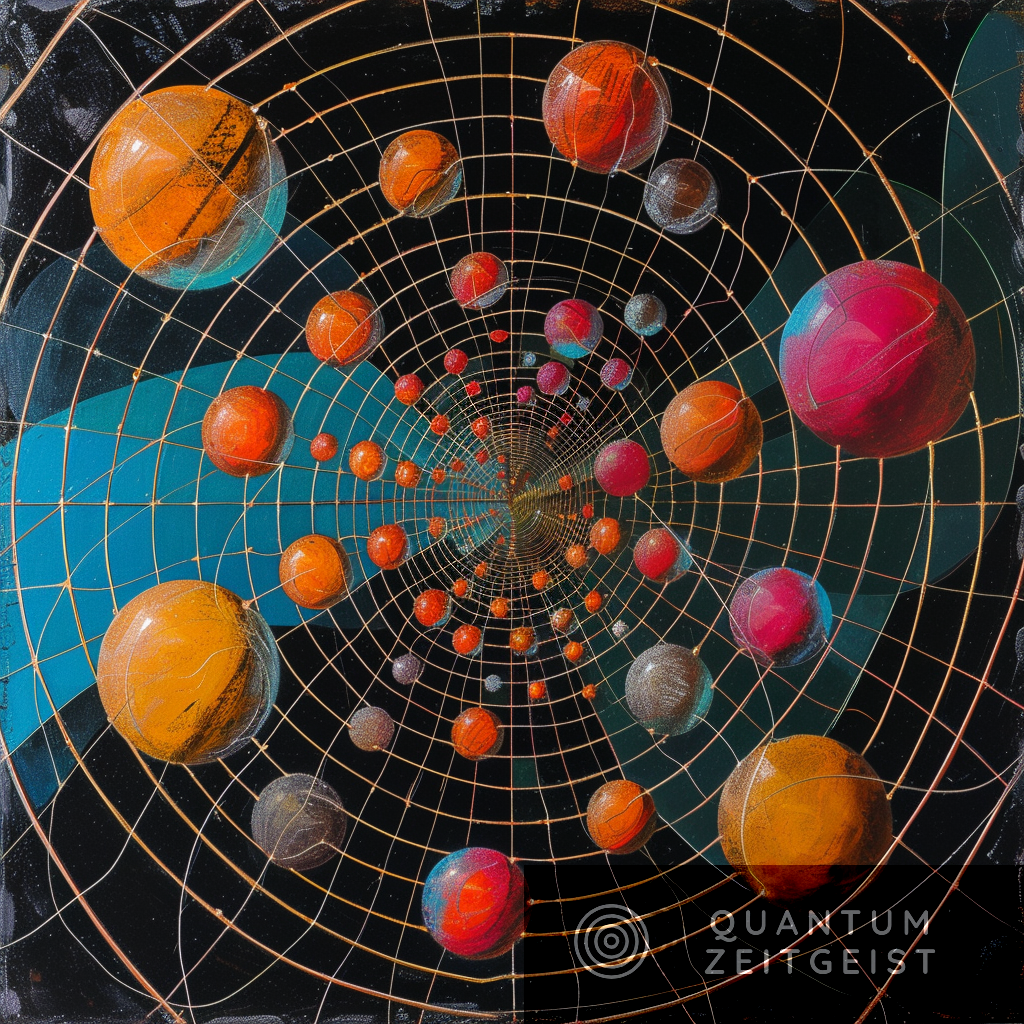Fujitsu and Delft University of Technology have established the Fujitsu Advanced Computing Lab Delft, a hub for developing quantum computing technologies. The lab will be part of the Fujitsu Small Research Lab initiative, which collaborates with global universities for joint research. The lab will focus on diamond-spin quantum computing, a technology Fujitsu and Delft University have been researching since 2020. Key individuals involved include Vivek Mahajan from Fujitsu, Prof. Tim van der Hagen from Delft University, Dr. Shintaro Sato from Fujitsu Research, and Kees Eijkel from QuTech, Delft University.
Fujitsu and Delft University of Technology Establish Quantum Lab
Fujitsu Limited and Delft University of Technology have announced the creation of the Fujitsu Advanced Computing Lab Delft at Delft University of Technology. This new hub is a collaboration between industry and academia, focusing on the development of quantum computing technologies. The lab will be part of the Fujitsu Small Research Lab initiative, which sends Fujitsu researchers to technology incubators at global universities for joint research with leading researchers in their fields.
The Advanced Computing Lab will be located at the QuTech research institute, a collaboration between Delft University of Technology and the Netherlands Organization for Applied Scientific Research (TNO). The lab aims to accelerate research and development of diamond-spin quantum computing, a technology that Fujitsu and Delft University of Technology have been jointly researching since October 2020. The partners also plan to advance the development of real-world quantum applications, including innovative fluid simulation technologies that apply quantum computing to the field of computational fluid dynamics.
Key Figures Comment on the Collaboration
Vivek Mahajan, SEVP, CTO and CPO, Fujitsu Limited, expressed optimism about the strengthened collaboration with Delft University of Technology, highlighting the potential for breakthroughs in quantum hardware development and the nurturing of a new generation of innovators. Prof. Tim van der Hagen, Rector Magnificus/President of the Executive Board at Delft University of Technology, echoed these sentiments, emphasizing the university’s commitment to developing technology-driven solutions to societal problems and exploring potential applications of quantum computers.
Dr. Shintaro Sato, Fellow SVP & Head of Quantum Laboratory at Fujitsu Research, Fujitsu Limited, expressed pride in the achievements of the collaboration so far and confidence in the future of the new lab. Kees Eijkel, Director of Business Development at QuTech, Delft University of Technology, also expressed excitement about the prospect of extending the already deep and significant collaboration.
Focus on Diamond-Spin Quantum Technology
Fujitsu and Delft University of Technology have been conducting basic research and development into quantum computers using diamond-based spin qubits. The partners aim to create a blueprint for future modular quantum computers that can scale beyond 1,000 qubits. They have been conducting research on associated technology layers, from the device level to control systems, architecture and algorithms. As a result, they realized the world’s first fault-tolerant operation of spin qubits in a diamond quantum processor using the diamond NV center method.
The partners are also working to improve the performance of qubits by integrating SnV centers, which are gaining increasing attention as high-performance diamond spins, in scalable nanophotonic devices showing efficient single-photon coupling.
Fujitsu Advanced Computing Lab Delft: Overview and Future Plans
The Fujitsu Advanced Computing Lab Delft was established to strengthen cooperation and enhance the collaboration and research framework for the development of advanced computing technologies based on quantum technologies. The lab will be positioned as a leading industry-academia research and development center in Japan and the Netherlands, promoting further collaboration including the development of talent that can lead the development of solutions to societal issues using advanced computing technologies.
The initial research period for the lab is from January 25, 2024 to September 30, 2028. The lab will focus on basic R&D of quantum computers using diamond-based spin qubits and research on the application of quantum computing technology to the field of computational fluid dynamics.

